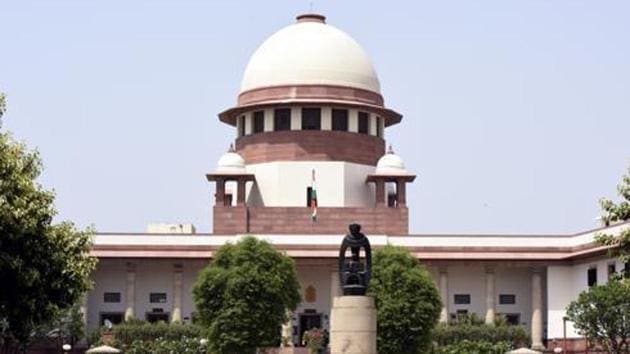Franklin Templeton moves Supreme Court against High Court order
In October, the high court had ordered that trustees should not take any action on the winding-up of the schemes till such consent was obtained. It also restricted the asset management company and its trustees from taking any fresh borrowings in the six debt schemes
Franklin Templeton Mutual Fund (FT) moved the Supreme Court on Monday, challenging a Karnataka high court order that said its decision to wind down six debt schemes in April required a simple majority consent from unitholders.

In October, the high court had ordered that trustees should not take any action on the winding-up of the schemes till such consent was obtained. It also restricted the asset management company and its trustees from taking any fresh borrowings in the six debt schemes.
The trustees of Franklin Templeton decided to wind up six debt schemes on April 23, citing illiquidity due to the outbreak, a decision which impacted 300,000 investors and assets under management of Rs 26,000 crore. Aggrieved by the decision, some investors moved various courts in June.
No winding-up process could be concluded without the consent of unitholders, under sub-regulation 15(c) of regulation 18 of Sebi’s mutual fund norms, the court had ruled. The specific rule says trustees need to take the consent of unitholders to wind up or prematurely redeem units.
The investors petitioned the courts that Franklin’s decision to wind down the six schemes was illegal and required investor consent. They also alleged that these schemes were mismanaged. Under Sebi norms, mutual funds need to get the consent of unit holders through an e-voting process. The voting would have authorised either the trustees of Franklin or Deloitte to monetise the underlying assets for the winding-up process.
Cases pending before various high courts were clubbed and sent to the Karnataka High Court by the apex court. The high court concluded that the market regulator should have acted more proactively and it failed in its duty in taking prompt action.
A Franklin statement on Monday stated that in May 2020, the trustee had sought a vote by unitholders to permit the trustee to undertake an orderly sale of the debt securities held in the funds and return money to unitholders. However, the process could not be completed.
Stay informed on Business News, TCS Q4 Results Live along with Gold Rates Today, India News and other related updates on Hindustan Times Website and APPs



